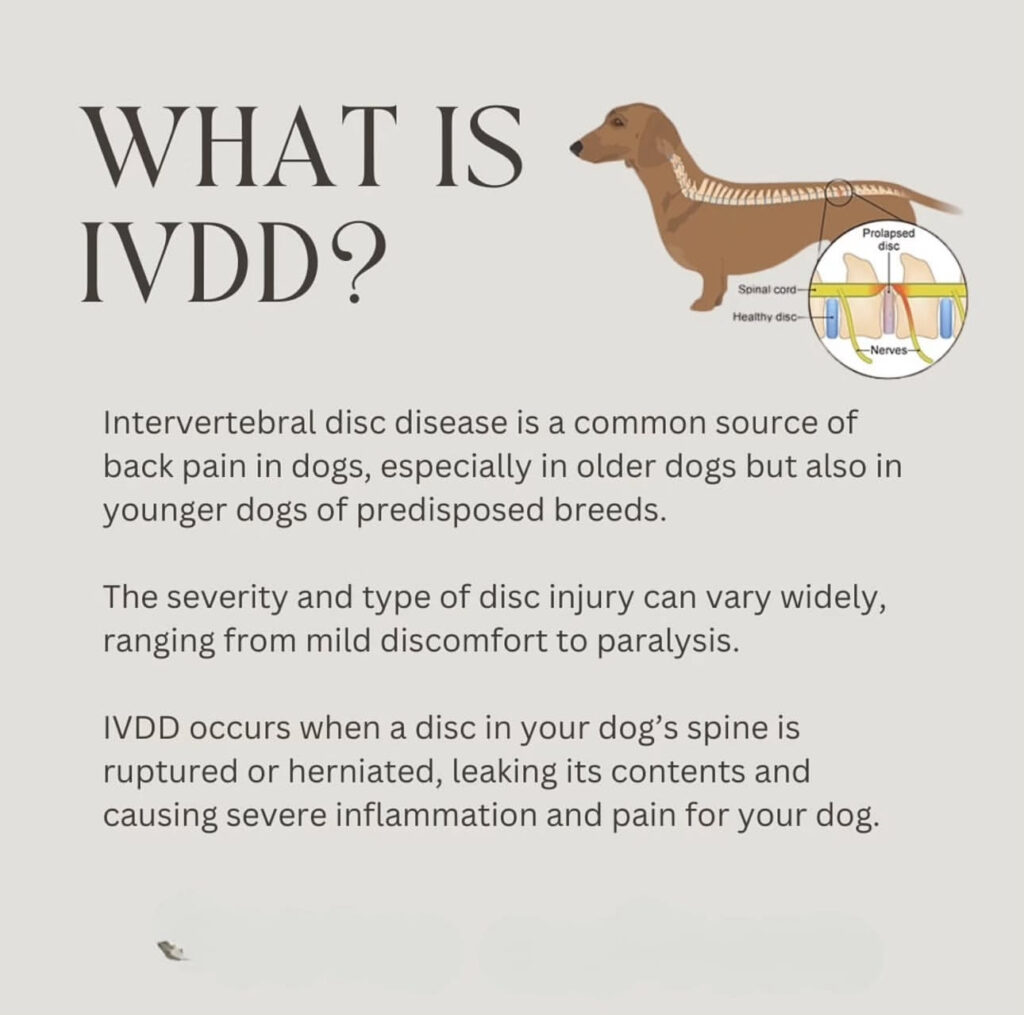Why Knowing Long Haired Dachshund Health Problems Matters
As a Mini Dachshund breeder based in California, I’ve had the joy of raising these sweet, loyal dogs for years. Long haired Dachshunds are known for their gentle temperament and beautiful coats — but like all breeds, they have some health quirks you should be aware of.
In this article, I’ll walk you through the most common health issues in long haired Dachshunds, based on my real-life experience with raising and placing puppies across the country. I’ll also share what I do in my breeding program to prevent these problems before they start.
1. Intervertebral Disc Disease (IVDD): The Big One
If you’ve heard of one Dachshund health issue, it’s probably IVDD. Their long backs make them more prone to this spinal condition, especially if they jump off furniture or stairs often.
What to Watch For:
- Sudden yelping or whining when picked up
- Reluctance to move or climb stairs
- Weak or wobbly back legs
Prevent It By:
- Using pet stairs or ramps (my own dogs love their couch ramp!)
- Keeping their weight in check
- Avoiding rough play
I once had a pup named Tucker who lived with a family that didn’t know about IVDD. He jumped off a couch one too many times and needed surgery. Thankfully, he made a full recovery — but it’s something we can all work to avoid.

2. Dental Disease in Small Breeds
Dachshunds, like many small breeds, are prone to dental problems. Their little mouths can crowd teeth, and without regular brushing, plaque can build up fast.
Signs to Look For:
- Bad breath
- Yellow or brown buildup on teeth
- Difficulty eating or pawing at the mouth
How I Help:
- I start all my puppies on chew toys early
- We gently brush teeth at least once a week
I always recommend that new owners establish a dental care routine right away, and that includes annual dental cleanings with a vet.
3. Obesity: A Risk to Backs and Hearts
Obesity is one of the easiest — and most important — health problems to avoid. Extra weight puts stress on their spine and joints, and increases the risk of heart disease and diabetes.
How to Prevent Weight Gain:
- Measure out meals (don’t free-feed)
- Limit treats to training sessions
- Regular walks or playtime
One of my adopters once doubled back to thank me after I explained proper feeding. Their first Dachshund had weight problems, but their second pup from me stayed trim and active thanks to a better feeding plan.
4. Allergies and Skin Sensitivities
Long haired Dachshunds can sometimes suffer from skin issues — whether it’s food allergies, environmental triggers, or just dry skin under all that beautiful fluff.
Signs of Skin Trouble:
- Itchy paws or ears
- Red or dry patches
- Excessive licking or chewing
My Advice:
- Use high-quality, limited-ingredient food
- Bathe only with gentle, dog-safe shampoo
- Brush regularly to avoid buildup and irritation
A pup from a previous litter, Stella, had a mild chicken allergy. Once we figured it out and switched to lamb-based food, her skin cleared up beautifully.
5. Ear Infections: Floppy Ear Challenges
Those adorable floppy ears can trap moisture, leading to yeast or bacterial infections — especially after baths or outdoor play.
What to Watch For:
- Head shaking or ear scratching
- Redness or odor
- Dark discharge
How I Prevent This:
- Weekly ear wipes using a vet-approved cleaner
- Keeping ears dry after baths or rainy days
I always send new owners home with my ear cleaning tips, because early maintenance is key to preventing this common issue.
6. Eye Conditions: PRA and Tear Staining
Progressive Retinal Atrophy (PRA)
This is a hereditary condition that causes vision loss over time. Responsible breeders test for PRA to avoid passing it down.
Other Eye Issues:
- Tear staining
- Dry eye
- Cataracts in older dogs
All of my breeding dogs are genetically tested for PRA, and I recommend all buyers monitor eye health yearly with their vet.
7. Hypothyroidism: Rare but Worth Watching
Hypothyroidism isn’t common, but I’ve seen a few Dachshunds diagnosed with it over the years.
Symptoms:
- Weight gain
- Lethargy
- Coat thinning
Good News:
It’s very treatable with daily medication. Annual bloodwork helps catch it early.
How Reputable Breeding Prevents Health Issues
At Dachshund Paradise, every breeding decision I make is based on health and temperament first. That means:
- DNA testing for PRA and other inheritable conditions
- Screening for sound structure (especially backs and joints)
- A no-shortcuts approach to nutrition and early care
Because I breed long haired Dachshunds for sale and adoption, I feel it’s my job to educate new owners and send home puppies that are already off to a healthy start.

Health Guarantees and Support After Adoption
Every puppy from our kennel comes with:
- A written health guarantee
- Vet check and vaccination records
- Lifetime breeder support
And yes — I’m happy to answer questions even years later. I always tell families: “Once you adopt from me, you’re part of the pack.”
Conclusion: Stay Ahead of Long Haired Dachshund Common Health Issues
The best way to deal with long haired Dachshund common health issues is to stay informed, ask questions, and work with a breeder who prioritizes health. Many of these conditions can be managed — or even prevented — with the right care.
If you’re thinking about adding a long haired Mini Dachshund to your family, I’d love to chat. Visit our Available Puppies Page, or feel free to reach out anytime with questions — health-related or otherwise! 🐾
